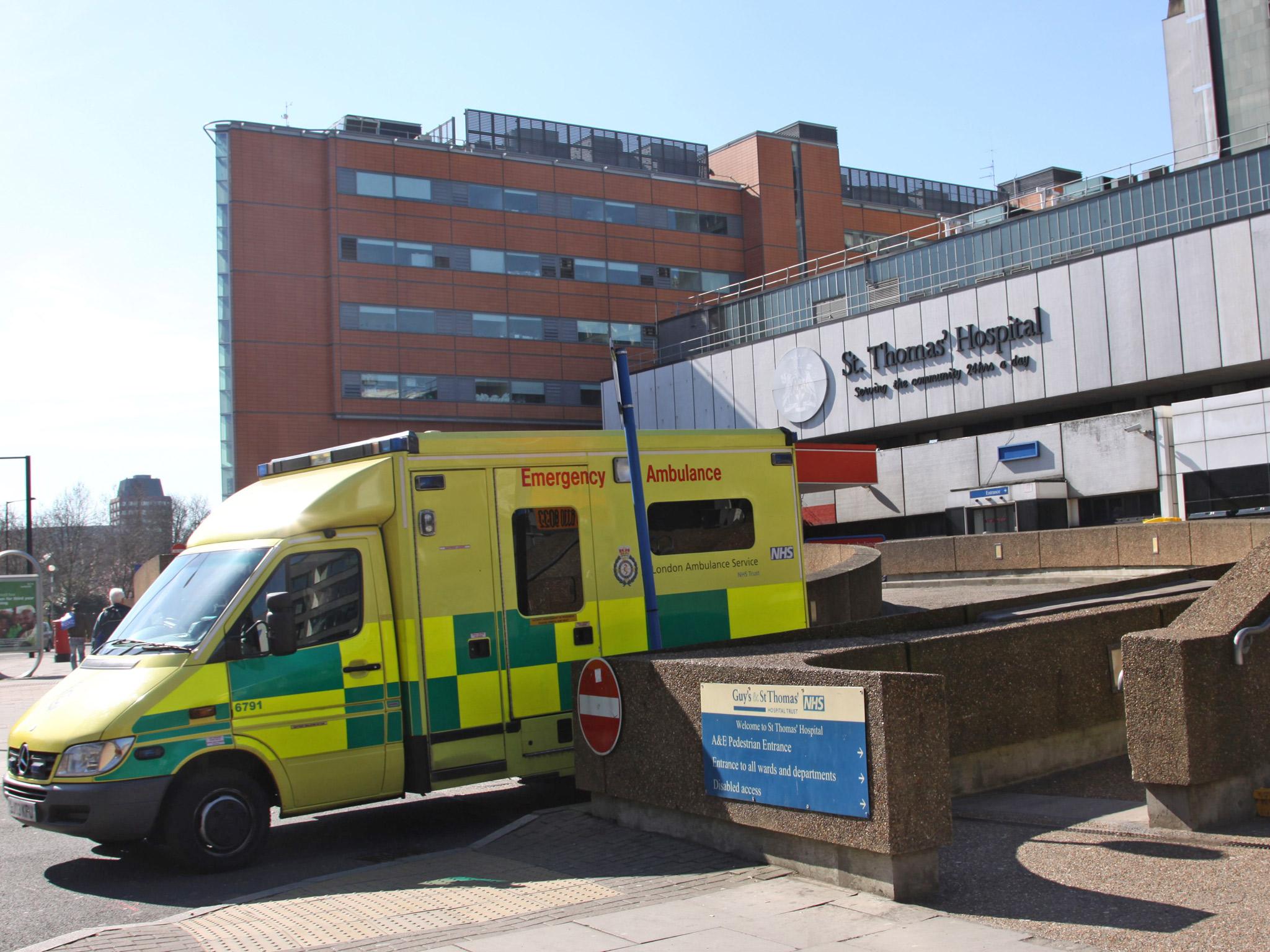Hospitals may be targets for attacks, police counter-terror experts warn
‘Worst-case scenario is your staff, patients and visitors could be killed or injured,’ guide states

New guidance issued by a police counter-terror unit has warned hospitals and GP surgeries that they may be targets for attacks.
The National Counter Terrorism Security Office released an updated ‘Crowded Places Guidance’ document, which tells medical professionals: “It is possible that your surgery, for example, could be the target of a terrorist incident. This might include having to deal with a bomb threat or suspicious items left in or around the area.
“The worst-case scenario is your staff, patients and visitors could be killed or injured, and your premises destroyed or damaged in a ‘no warning’ multiple and co-ordinated terrorist attack.”
Hospitals are warned that the nature of such an attack may be covert, “through interference with vital information” or “enabled by an insider or someone with specialist knowledge or access to your venue”.
Security services are on heightened alert following two terror attacks in the past month in Manchester and London.
The former took the lives of 22 children and adults, making it the worst the country has seen since the 7/7 London bombings in 2005.
The latter saw eight people killed and 48 injured after a lorry and knife attack in London Bridge.

NHS staff in London were praised for preventing the death toll from rising in the wake of the attack, and for the work they did to keep the injured alive, many of whom had entered the hospital in critical condition.
Deputy Assistant Commissioner Lucy D’Orsi said: “Terrorist attacks are rare in the UK, but recent events have shown that an attack could happen anywhere and without warning.
“Those locations, either public or private, where large groups of people gather for reasons such as entertainment, business, transportation, sporting or social occasions, have always been preferential targets for terrorists.
“The UK threat level from international terrorism is severe, which means that an attack is highly likely. Such an attack can come in many forms, not just a physical.
"It can include interference with vital information or communication systems, causing disruption and economic damage. Against this background there is a need to make our crowded places as accessible as possible and to minimise the threat,” she added.
There has been no intelligence to suggest a terror attack targeting hospitals or surgeries is imminent, according to The Sunday Times, however the guide emphasises crowded places are vulnerable to attack.
Join our commenting forum
Join thought-provoking conversations, follow other Independent readers and see their replies
Comments
Bookmark popover
Removed from bookmarks